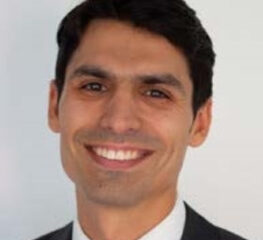Dr. Triana-Del Rio obtained a Bachelor’s degree in Biology and a Masters in Neuroethology, at the University of Veracruz in Mexico. He then moved to Switzerland, to complete a PhD in Neuroscience with Dr. Ron Stoop at the University of Lausanne. There, Rodrigo was funded by grants from the Mexican and the Swiss governments in order to study the neuromodulation of emotional responses by the oxytocin signaling, within circuits of the central amygdala and the prefrontal cortex. He found in ex vivo and in vivo studies that oxytocin enables the recruitment of interneuron populations during the suppression of freezing behavior, and this mechanism strengthens the glutamatergic synapses in cells expressing the oxytocin receptor, only when animals learn to suppress freezing and engage in proactive threat-coping or active avoidance behavior. After completing his PhD, Dr. Triana-Del Rio pursued a postdoctoral training in the labs of Drs. Joseph LeDoux (NYU) and Christopher Cain (NKI), working under a NIDA grant. Currently, he is studying the circuits underlying proactive threat-coping by the recruitment of reinforcing projections from the basal amygdala to the nucleus accumbens, as well as the neuromodulation exerted by the endocannabinoid signaling in the nucleus accumbens to boost instrumental responses that decrease freezing behavior. This research brings new information about possible molecular targets to treat fear and anxiety disorders.



